Blog
Family Dentist Answers: Top 10 Questions About Kids' Teeth
May 14, 2025 / DENTISTRY

Your Family Dentist Answers: Top 10 Questions About Children’s Dental Health
As a family dentist serving the Whitby community for many years, I've noticed that parents often have similar concerns about their children's dental health. At Downtown Whitby Dentistry, we believe that addressing these common questions can help families establish healthy oral hygiene habits early on. Today, I'll answer the top 10 questions parents frequently ask about their children's teeth.
When Should My Child First Visit a Family Dentist?
The Canadian Dental Association recommends scheduling your child's first dental visit within six months of their first tooth appearing or by their first birthday, whichever comes first. This early visit helps establish a "dental home" where all your child's oral health needs can be addressed. At our practice, we make these first visits fun and comfortable, focusing on getting your little one acquainted with the dental environment.
Advice from a Family Dentist - How Can I Help My Child Stop Thumb Sucking?
Thumb sucking is normal for infants and young children, but if it continues past age 4-5, it can affect dental development. As your family dentist, I recommend gentle positive reinforcement rather than punishment. Praise your child when they're not sucking their thumb, and consider using a reward system. For persistent habits, we can discuss dental appliances that discourage thumb sucking during your next visit.
Family dentist explains - Is Fluoride Safe for My Child?
Yes, fluoride is safe and beneficial when used appropriately. The Canadian Dental Association supports the use of fluoride for preventing tooth decay. However, balance is key. Use only a rice-grain sized amount of fluoride toothpaste for children under 3, and a pea-sized amount for children 3-6 years old. During your family dentist appointment, I can provide personalized recommendations based on your child's specific needs and your local water fluoridation levels.
When Should My Child Start Flossing?
Begin flossing your child's teeth as soon as they have two teeth that touch. Usually, this occurs between ages 2-3. While they won't have the dexterity to floss independently until around age 8-10, you should help them floss daily. As your family dentist, I can demonstrate proper flossing techniques during your regular check-ups.
Are Baby Teeth Really Important?
Absolutely! Baby teeth serve crucial functions beyond just chewing. They hold space for permanent teeth, help with proper speech development, and contribute to facial structure. Neglecting baby teeth can lead to early tooth loss, which may cause alignment issues with permanent teeth. Your family dentist should monitor these primary teeth just as carefully as permanent ones.
How Can I Prevent Baby Bottle Tooth Decay?
Baby bottle tooth decay occurs when sweetened liquids or those with natural sugars (like milk, formula, or juice) cling to an infant's teeth for long periods. To prevent this, avoid putting your baby to bed with a bottle, clean their gums after feedings, and transition to a cup around 12 months of age. Regular visits to your family dentist can help catch early signs of decay.
When Will My Child Lose Their First Tooth?
Most children begin losing their primary teeth around age 6, starting with the lower central incisors. The process of losing baby teeth and gaining permanent ones continues until approximately age 12-13. Remember that every child's timeline is unique. Your family dentist can monitor this process and address any concerns about delayed or early tooth loss.
Does My Child Need Dental Sealants?
Dental sealants are thin protective coatings applied to the chewing surfaces of back teeth. They're highly effective at preventing cavities and are recommended for most children. The best time to apply sealants is soon after permanent molars erupt, around ages 6 and 12. During your regular visits to our office, your family dentist can assess whether sealants would benefit your child.
How Can I Help My Child Develop Good Brushing Habits?
Consistency and positive reinforcement are key. Make brushing fun by using a timer, playing music, or turning it into a family activity. Use age-appropriate toothbrushes and toothpaste. Most importantly, model good behavior by letting your children see you brushing and flossing regularly. As your family dentist, I provide demonstrations and tips tailored to your child's age and development.
When Should I Be Concerned About Orthodontic Issues?
Early detection of orthodontic issues can lead to simpler treatment. Your family dentist should evaluate your child's bite during regular check-ups, but some signs to watch for include:
- difficulty chewing or biting
- mouth breathing
- early or late loss of baby teeth
- teeth that are obviously crowded or misaligned
The Canadian Association of Orthodontists recommends an orthodontic assessment by age 7.
Your Family Dentist Cares
At Downtown Whitby Dentistry, we're committed to partnering with parents to ensure children develop healthy smiles that last a lifetime. Regular visits to your family dentist are essential for monitoring development and addressing concerns early. We create a welcoming environment where children feel comfortable and parents get the guidance they need.
Remember, establishing good dental habits early sets the foundation for lifelong oral health. If you have more questions about your child's dental development, our family dentist team is always here to help. Contact us today to schedule your child's next appointment.
Archive
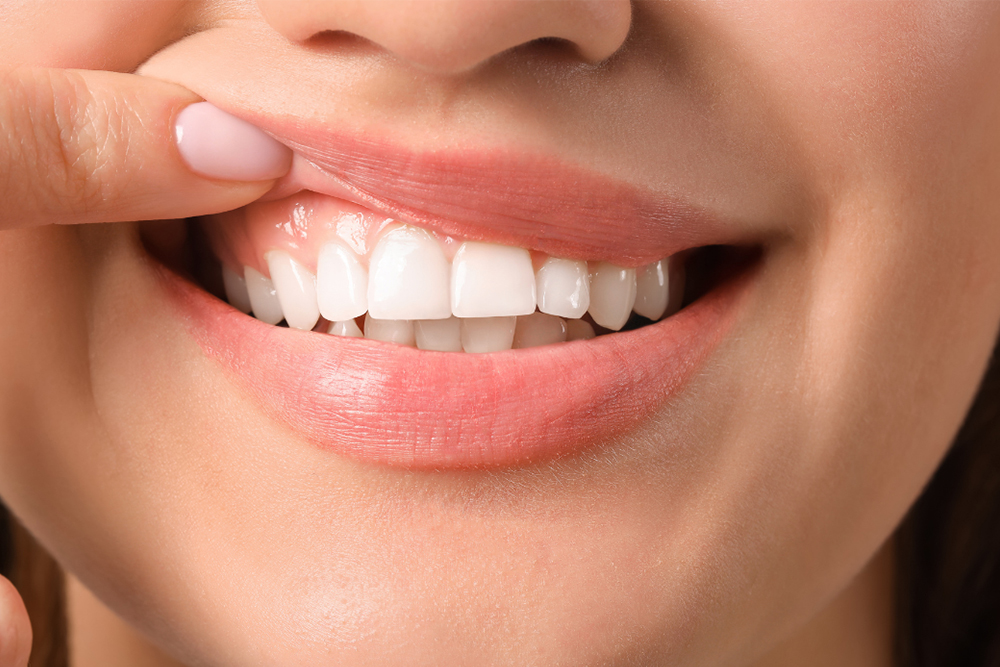



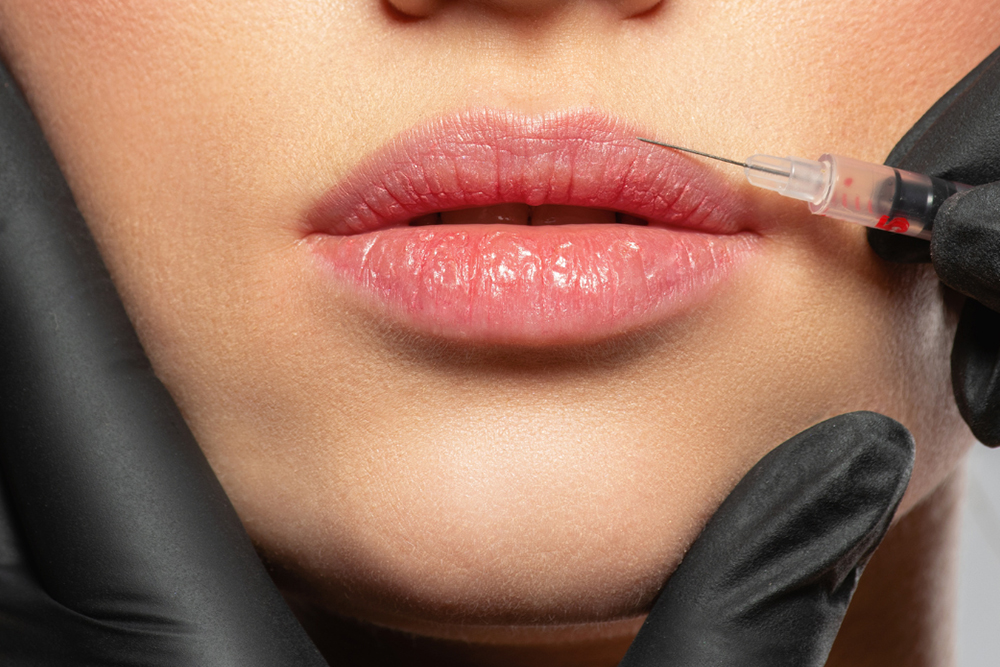

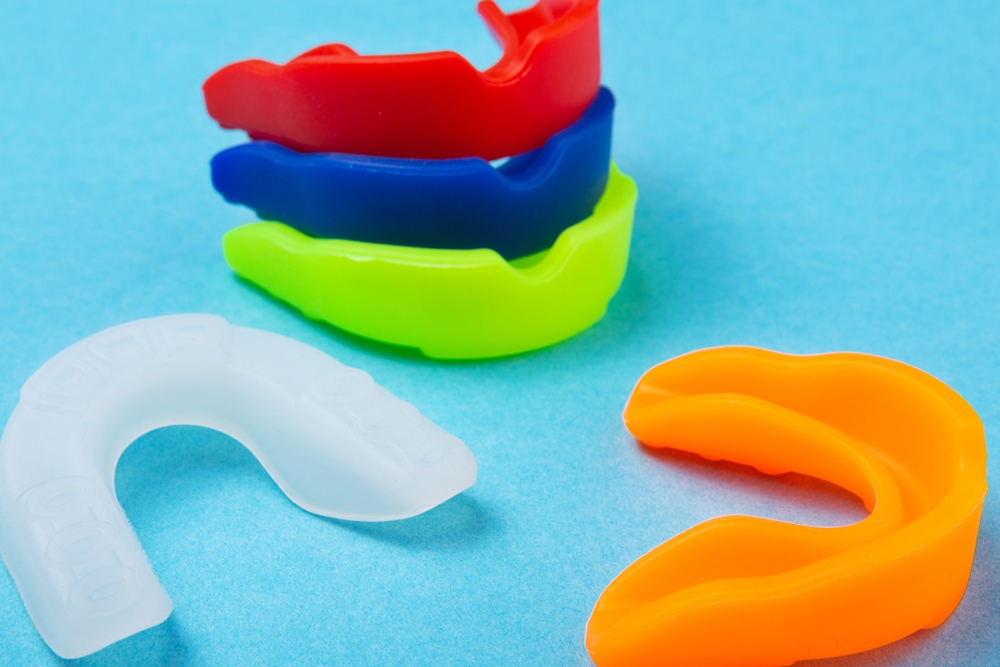





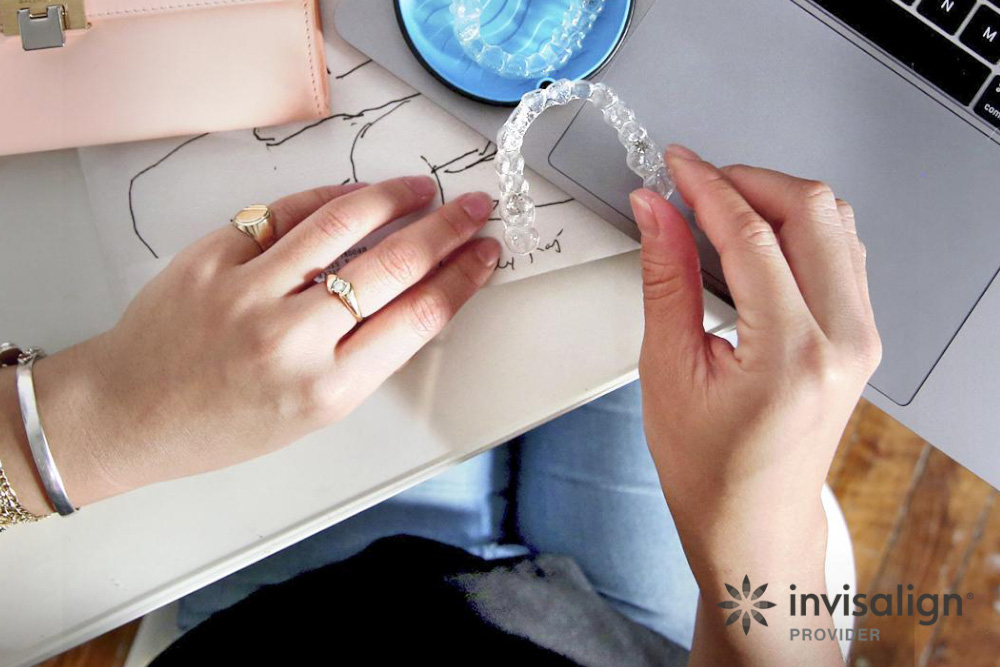
















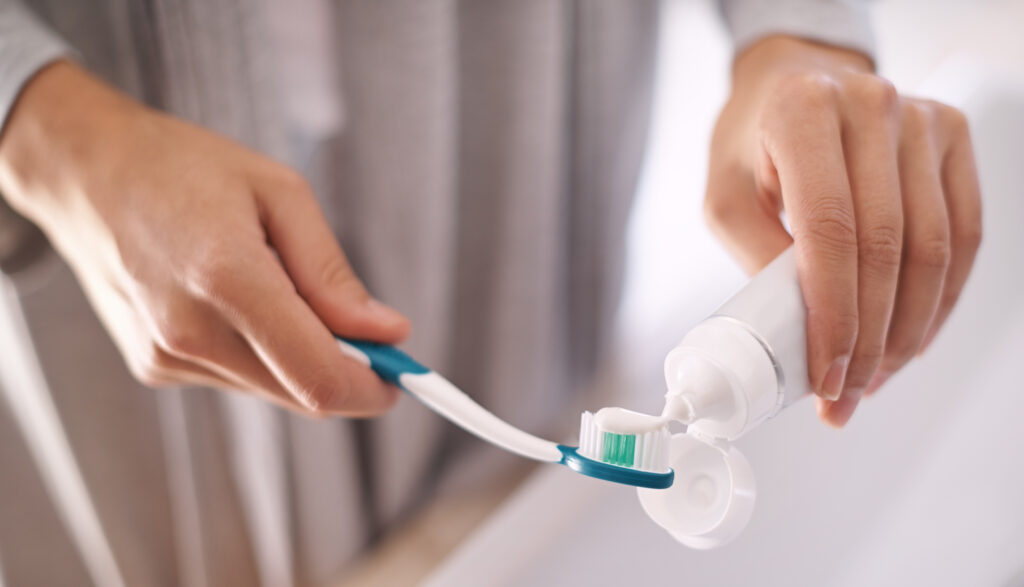
We Are Here to Help You
Whitby, ON, L1N 4M9
905-430-7045
905-430-7284
info@dwdentistry.ca




